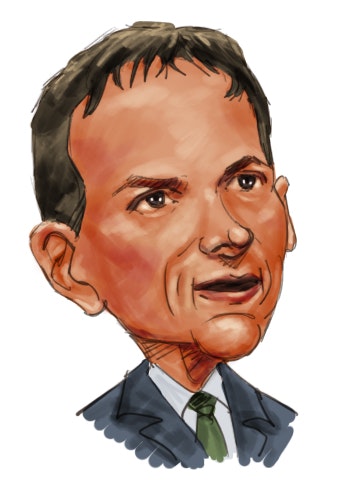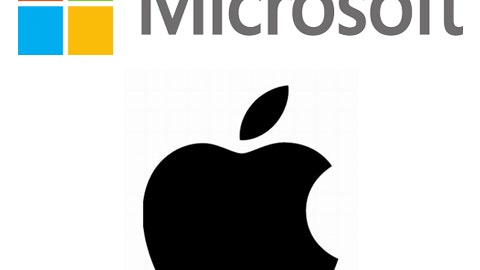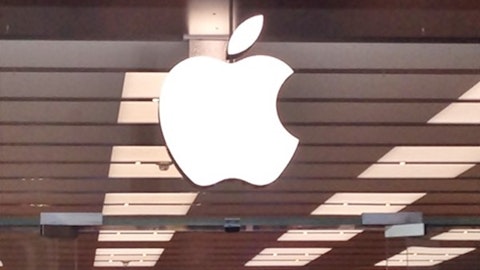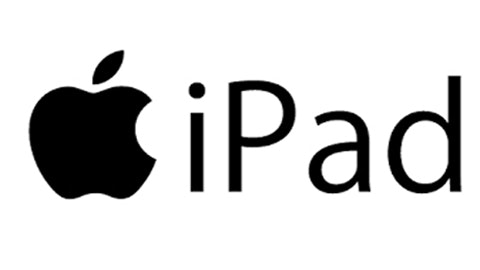David Einhorn is one of our favorite hedge fund managers. His fund, Greenlight Capital, has returned 18.9% per year since its inception in 1996. This number used to be over 22% when we first started Insider Monkey 4 years ago. Greenlight Capital’s assets under management has been increasing as its annualized return and alpha have been decreasing. You probably have observed a similar pattern in the entire hedge fund industry. Assets have been increasing and returns and alpha have been decreasing. This isn’t a coincidence.

When David Einhorn’s Greenlight files its 13Fs, investors usually focus on his largest positions which were Micron (MU) and Apple Inc. (NASDAQ:AAPL) at the end of 2014. However, these are also large-cap stocks that are closely watched and researched by everyone else. Let’s take Apple Inc. (AAPL). We doubt that Einhorn has any informational advantage over other investors when it comes to Apple Inc. (AAPL). Every single detail or rumor about Apple Inc. is immediately covered by the media. Apple’s products and business model is also well-known and understood by investors. Apple’s competitors are also well known and analyzed. The trick to make money by investing in Apple Inc. is to accurately predict its future sales and profits. We doubt that Einhorn’s analysts have a leg up on the other investors in that department either. So, why does Einhorn invest in Apple Inc. whereas other investors don’t? He explained his thesis as follows in his latest investor letter:
“The new phones appear to be selling at record levels. Earnings per share have grown 20% for the last couple quarters and are likely to accelerate in the near term. AAPL shares remain inexpensive at 14x 2015 estimates and less than 12x net of cash,”
Basically, Einhorn believes that Apple’s earnings will accelerate whereas other investors don’t want to bet on that. Einhorn has been very bullish about Apple for a very long time. In 2012, when the stock was at $700, Einhorn predicted Apple reaching $1000. He painfully watch the stock dwindle down below $400 over the following 12 months. We aren’t saying that Apple will lose nearly half of its value again. All we are saying is that neither we nor Einhorn don’t know what Apple Inc. will do. Why do we say this?
Well, we analyzed the performance of David Einhorn’s large-cap stock picks that were disclosed in historical 13F filings. Einhorn didn’t have more than 2 large-cap stocks in his portfolio every quarter before 2008. When he has managing a much smaller portfolio, he was focusing on much smaller stocks and generating much higher returns. Between 2008 and 2012 he had as many as 9 large-cap stocks in his portfolio at any given point in time (Apple Inc. was one of these stocks). These large-cap stock picks returned an average of 0.23% per month during these 5 years. S&P 500 Index returned an average of 0.29% per month during the same period. We also calculated risk adjusted returns using Carhart’s 4-factor model. Einhorn’s large-cap stock picks generated a monthly alpha of negative 4 basis points per month. What does this mean? David Einhorn’s large-cap stock picks, on average, failed to beat the market recently. David Einhorn isn’t an exception either. There are very few hedge fund managers whose large-cap picks generated annual alphas of more than 5 percentage points.




